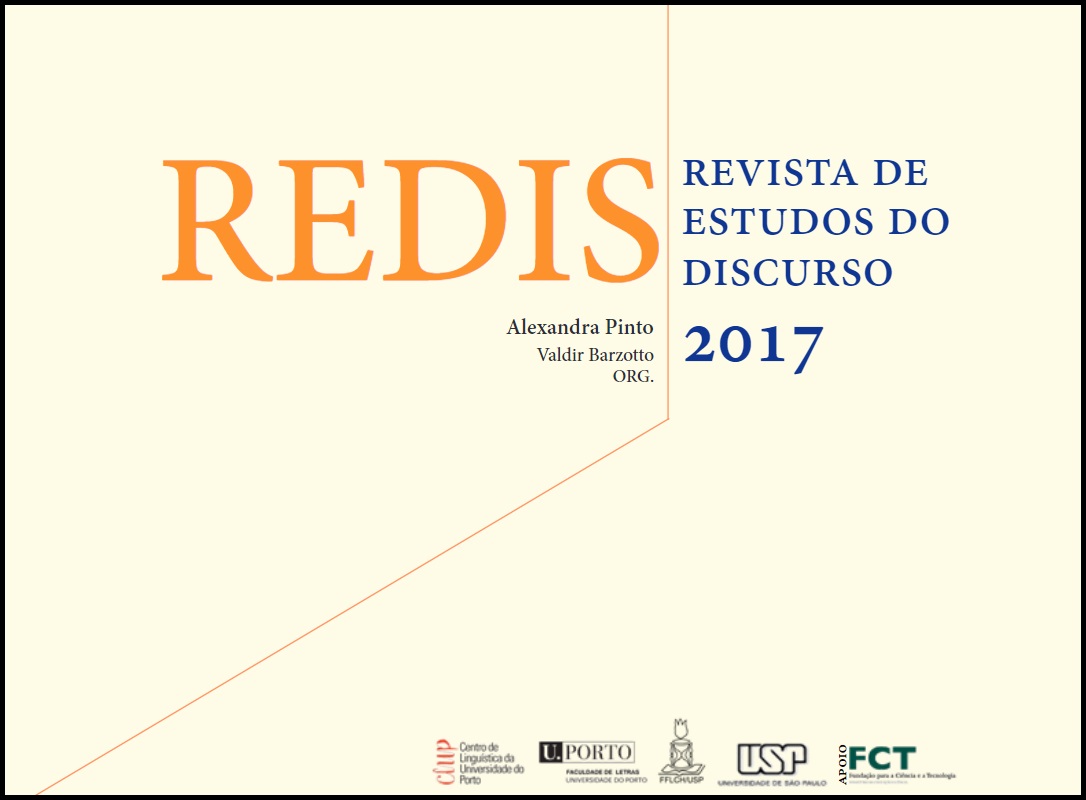Legiones y Falanges: construcción lingüístico-discursiva del enemigo
Abstract
The press, in addition to reflecting a “vocation of information”, performs a series of social functions, among which the formation of citizens and of critical recipients of mediatic discourse stands out. Yet, especially in some socio-political contexts, the press can be a vehicle for a certain type of ideology, becoming an instrument to orient the recipient or, in extreme cases, manipulate them, in order to justify or reinforce the image of a dominant ideological group. In this sense, the magazine Legiones y Falanges (1940-43) is exemplary, since, with a clearly populist discourse, it aims to extol the ideological foundations of Franco’s dictatorship. In other words, the main objective of the institutional enunciator of the magazine is to justify the very essence of the regime, denouncing the culprits of the crisis that led to the “alzamiento”, and systematically attacking the enemy of the country. To this end, the locutors adopt all sorts of strategies, forging a discourse in which the Us-Them polarization, the use of a value lexicon and a wide range of legitimate -or not- argumentative strategies, stand out. As far as this work is concerned, within the theoretical framework of the studies of linguistic pragmatics, the ACD and the argumentation, I analyse a corpus of articles in which we can perceive the discursive construction of the image of the enemy.
Downloads
Published
How to Cite
Issue
Section
License
The authors give to REDIS. Revista de Estudos do Discurso the exclusive right to publish its texts, in any medium, including their reproduction and sale in paper or digital format, as well as their availability in a free access regime in databases.
















